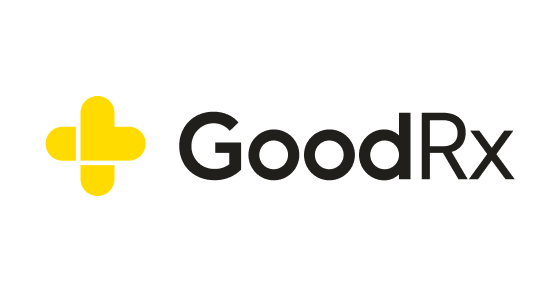
Morgan Stanley shifts its rating on GoodRx Holdings Inc. to Equal-Weight and raises the price target to $9.50 from $7, indicating a neutral yet cautiously optimistic outlook.
The backdrop includes a class action lawsuit against GoodRx, focusing on alleged misleading statements related to its revenue dependency on Kroger, which significantly impacts investor perspectives.
GoodRx’s business model shows a critical vulnerability due to its significant revenue dependency on a single partner, Kroger, highlighting the importance of transparency for investors.
Morgan Stanley’s recent update on GoodRx Holdings Inc. (NASDAQ:GDRX), shifting its rating to Equal-Weight, suggests a neutral stance towards the company’s stock. This adjustment, coupled with an increase in the price target to $9.50 from $7, indicates a cautiously optimistic view on GoodRx’s future financial performance. GoodRx, known for its prescription discount cards and telehealth services, operates in a competitive market, facing off against other discount providers and telehealth platforms. The company’s unique value proposition lies in its ability to offer significant savings on prescription medications, which is critical for uninsured or underinsured individuals.
The backdrop of this financial analysis is a class action lawsuit filed against GoodRx, as reported by The Gross Law Firm. This lawsuit is significant as it seeks to address losses incurred by investors during a specific period, from September 23, 2022, to November 8, 2022. The legal challenge centers around allegations of misleading statements and omissions by GoodRx, particularly concerning its revenue dependency on Kroger, a major pharmacy chain. According to the lawsuit, Kroger’s potential to cease accepting GoodRx discounts without notice posed a substantial risk to GoodRx’s revenue, a fact that was not adequately disclosed to investors.
The lawsuit’s focus on Kroger’s outsized contribution to GoodRx’s revenue stream—nearly 25% from less than 5% of the pharmacies in its network—highlights a critical vulnerability in GoodRx’s business model. This dependency on a single partner for a significant portion of its revenue is a concerning factor for investors, as any changes in this relationship could drastically impact the company’s financial health. The revelation of such a significant concentration of revenue from Kroger underscores the importance of transparency in financial disclosures, especially for investors making informed decisions.
The timing of Morgan Stanley’s updated stance on GoodRx, amidst these legal challenges, suggests that the financial institution has factored in the potential impacts of the lawsuit on GoodRx’s financial outlook. The increase in the price target to $9.50, despite the ongoing legal issues, may reflect an analysis that considers the possible outcomes of the lawsuit and its effects on GoodRx’s revenue and market position.
GoodRx’s stock performance, with a recent decrease to $8.55 following a $0.24 drop and its fluctuation between $8.485 and $8.8 in a single trading session, reflects the market’s reaction to both the lawsuit and the company’s financial outlook. With a market capitalization of approximately $3.21 billion and a trading volume of 909,427 shares, GoodRx remains a significant player in the healthcare discount and telehealth market. However, the lawsuit and the concerns it raises about GoodRx’s revenue concentration and transparency could influence investor confidence and the company’s future financial performance.

